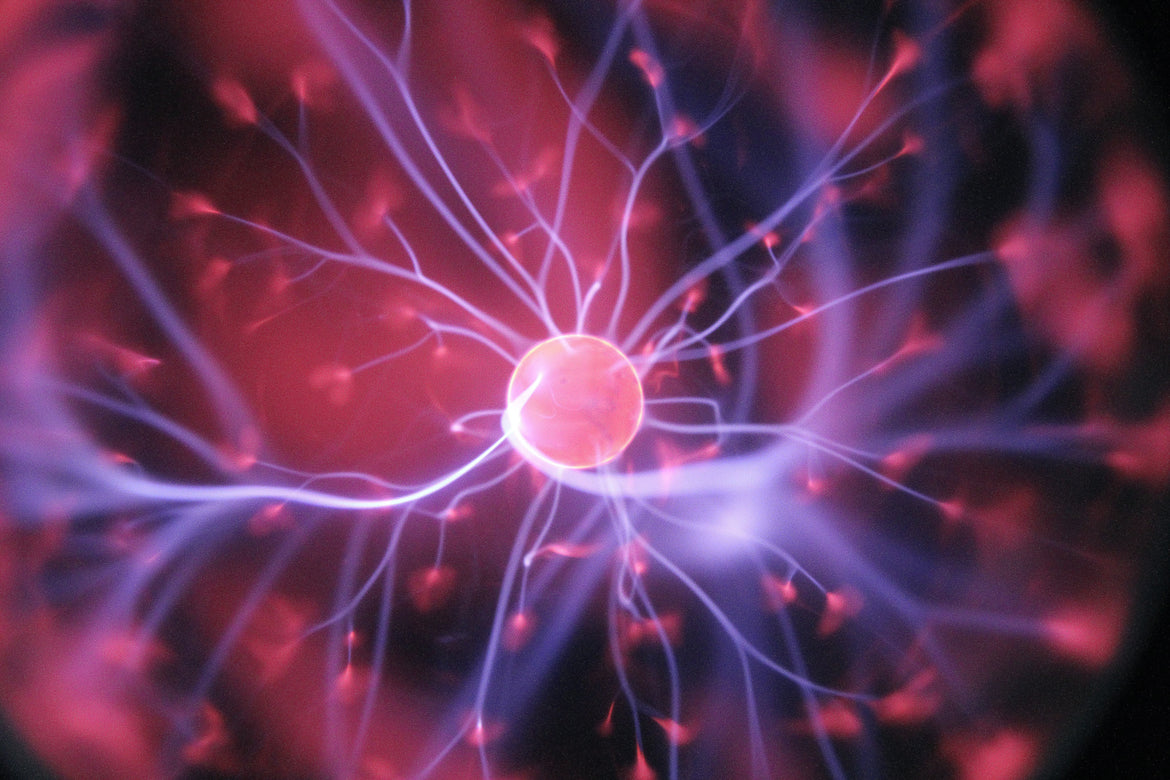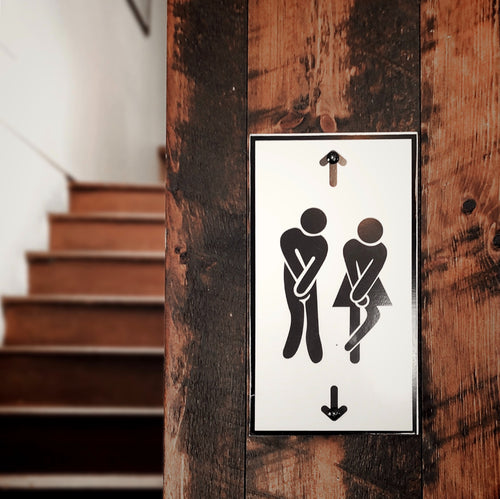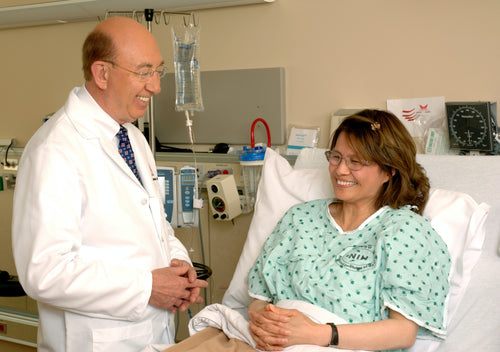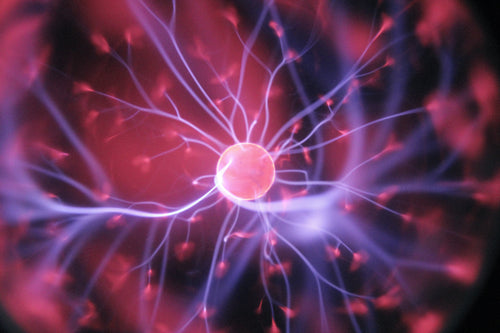
What does sleep apnea have to do with seizures?
- on September 11, 2022
- Categories: Sleep & Health
Did you know that seizures are more likely to occur during sleep than during wakefulness?
That's right. A specific phase of deep sleep called slow wave sleep is when seizures are more likely to occur. Slow wave sleep is that deep sleep that your Uncle Frank falls into after a Thanksgiving meal where he appears to "sleep like a baby" and no amount of cacophony in the house will rouse him.
Electrical disruptions in this sleep phase are more likely to propagate throughout the brain resulting in a seizure. Yet, such seizure activity is less likely to be observed or recognized because there may not be a witness at nighttime as in the daytime or an observer may think that the sleeper is simply awakening confused.
Apneic events (disruption in breathing) during sleep may trigger such seizure activity. And, consolidating sleep to make it as restful and least disruptive as possible such as by controlling apneas with CPAP therapy can reduce the frequency of seizures.
Treatment of sleep apnea with CPAP may further improve:
|
Maternal-fetal health Cardiac arrhythmias Sudden cardiac death Cardiac ischemia |
Stroke risk Memory impairment Esophageal reflux Nighttime urination |
Let's get you a great night's sleep for your better well-being.
The NozeSeal adhesive strip secures and seals your CPAP nasal pillows to the nose. No leaks. No straps. Just a great night's sleep.
Reference:
Somboon, Thapanee, Madeleine M. Grigg-Damberger, and Nancy Foldvary-Schaefer. "Epilepsy and sleep-related breathing disturbances." Chest 156.1 (2019): 172-181.
Jo, Hyunjin, et al. "Effects of Obstructive Sleep Apnea on Epilepsy, and Continuous Positive Airway Pressure as a Treatment Option." Journal of Clinical Medicine 11.7 (2022): 2063.






